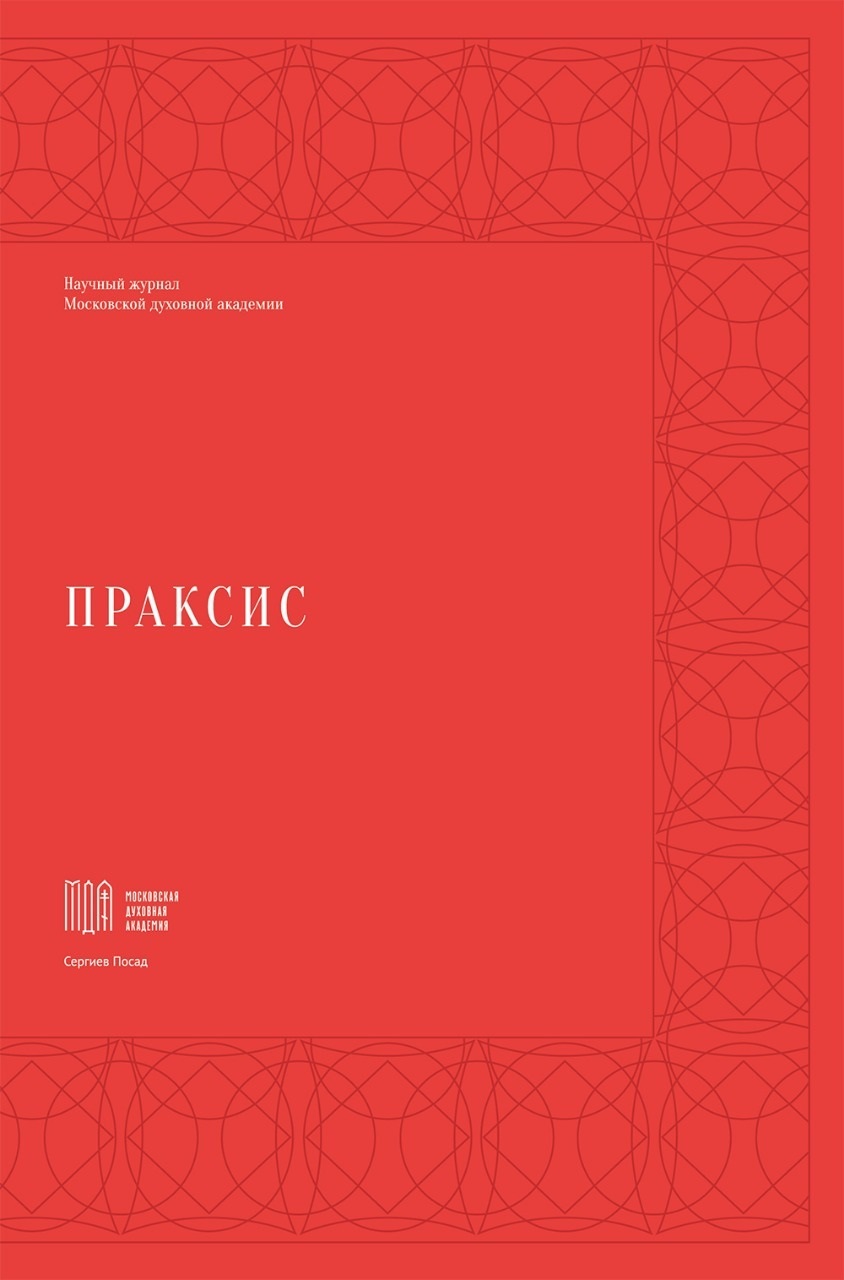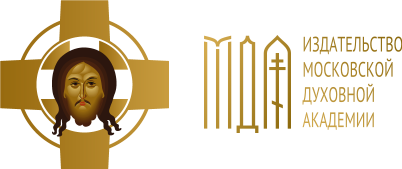Church and State Criteria for Obtaining Scientific Titles
DOI:
https://doi.org/10.31802/PRAXIS.2020.4.2.002Keywords:
academic titles, higher religious educational institutions, Educational Committee of the Russian Orthodox Church, Nomination Committee, Ministry of Science and Higher Education of the Russian FederationAbstract
The main goal of the study is to compare the main criteria for obtaining academic titles assigned by the Ministry of Science and Higher Education of the Russian Federation and the Nomination Commission of the Study Committee of the Russian Orthodox Church, as well as to study the motivation and justification for the need to obtain academic titles by leading, scientific and scientific-pedagogical workers of higher theological educational institutions Russian Orthodox Church. The main contradiction in the receipt of state academic ranks by employees of spiritual educational organizations today is the half-hearted position of the Ministry of Science and Higher Education in relation to theological academic degrees and ranks. This is expressed in the fact that when passing the procedure of state accreditation, theological academic degrees and ranks are taken into account, but when awarding academic ranks and when hiring (for the positions of professor and associate professor) — not. However, the very fact of recognition of theological degrees during the state accreditation procedure is a significant factor in substantiating the need for church scholars to receive leading, scientific and scientific-pedagogical workers of higher theological educational institutions of the Russian Orthodox Church. A comparison of the main criteria for obtaining academic degrees assigned by the Ministry of Science and Higher Education of the Russian Federation and the Nomination Commission of the Study Committee of the Russian Orthodox Church shows that the main differences are that the Nomination Commission recognizes state academic degrees and titles, and the Ministry of Education and Science does not recognize theological degrees and ranks.
Downloads
References
Источники
Журналы заседания Священного Синода РПЦ (Журнал № 71 от 21 августа 2007 г.). [Электронный ресурс]. URL: http://patriarchia.ru/db/text/283491.html (дата обращения: 16.11.2020).
Приказ Минздравсоцразвития РФ от 11 января 2011 г. № 1н. «Об утверждении Единого квалификационного справочника должностей руководителей, специалистов и служащих, раздел “Квалификационные характеристики должностей руководителей и специалистов высшего профессионального и дополнительного профессионального образования”». [Электронный ресурс]. URL: http://consultant.ru/document/ cons_doc_LAW_112416 (дата обращения: 16.11.2020).
Приказ Минобрнауки РФ от 17 февраля 2014 г. № 124 «Об утверждении федерального государственного образовательного стандарта высшего образования по направлению подготовки 48.03.01 Теология (уровень бакалавриата)». [Электронный ресурс]. URL: http://consultant.ru/document/cons_doc_LAW_162878/2ff7a8c72de3994f3 0496a0ccbb1ddafdaddf518 (дата обращения: 16.11.2020).
Приказ Минобрнауки РФ от 17 февраля 2014 г. № 125 «Об утверждении федерального государственного образовательного стандарта высшего образования по направлению подготовки 48.04.01 Теология (уровень магистратуры)». [Электронный ресурс]. URL: http://consultant.ru/document/cons_doc_LAW_162877 (дата обращения: 16.11.2020).
Литература
Грязнова Е. В., Гончарук А. Г. Теология как научная специальность магистратуры: проблемы и перспективы их решения // Вестник Мининского университета. 2019. Т. 7. № 3. С. 1-18.







